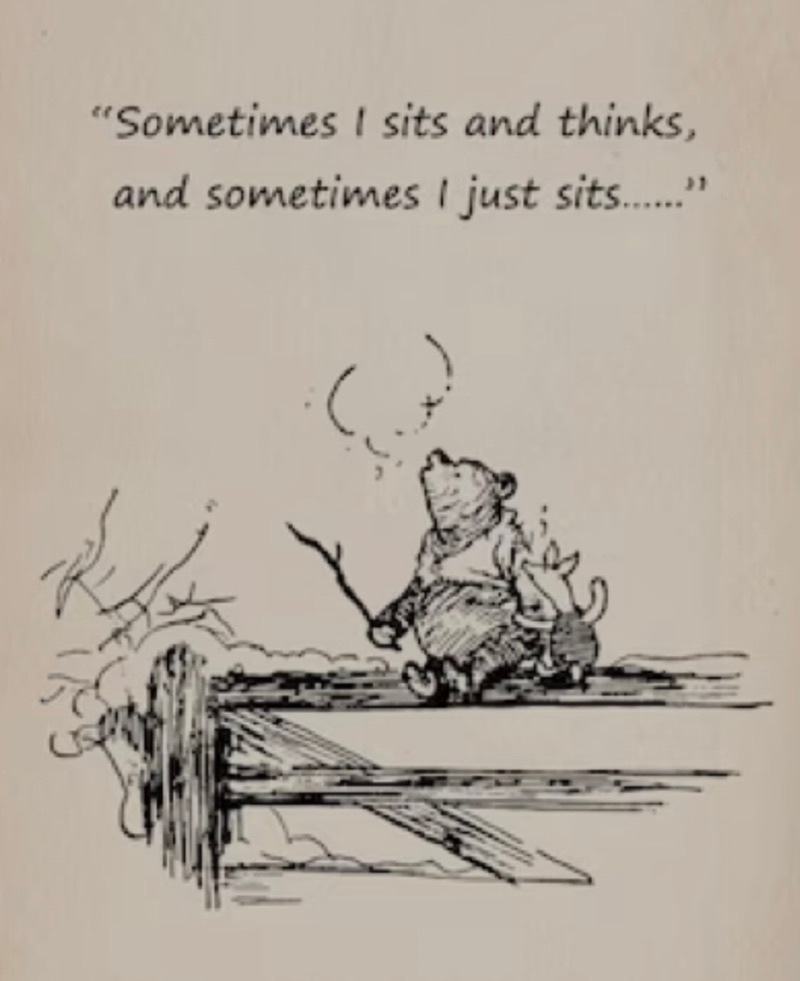A warm welcome to Peter Newman’s Substack: Musings on Medicine and More
I’m a Canadian writer and physician, curious about a lot of things. Including relationships— those that bind us in love, those that divide. And relationships that cross cultures. In my work from the Arctic to Africa, my connections with many thousands of patients have ranged from hilarious to heartbreaking.
I’m intrigued, too, by the puzzling questions in science and medicine. I’ve worked in the trenches with medicine’s rapid changes, and struggled with “knowledge translation”: getting evidence from high-quality research out into day-to-day medical practice. At the same time trying to fight medical disinformation and fraud.
I’m driven to write and to share. Substack offers the possibility of direct, unmediated relationships between readers and writers. I look forward to reading your comments, and replying.
I’ll be posting every month or so. I hope you’ll enjoy the stories and photos to come, and subscribe to my Substack to receive them— it’s free.
So, let’s jump right in…
Photo: Peter Newman
Turn Off Your Brain, Then Turn it On
Have you ever stood in a bathing suit at the edge of a swimming pool or a cold lake, and hesitated mightily before going in?
Getting into the frigid lake water at our family cabin in northern Ontario triggers sudden yelps of pain. Immersion demands serious courage. Except for a few precious weeks in mid-summer, kids and adults alike stand on the dock, shivering in anticipation. Wanting to swim, but pondering the painful plunge. Dreading that shock of immersion, we stare warily at the water. Frozen into nonaction before the actual, physical freezing.
My father, who was hard-wired for verve, smiled at our dithering. He was free with his advice. How to stop worrying about the icy shock to come? “TURN OFF YOUR BRAIN!” he’d say. “Just jump in!”
Simple. Stop thinking. Just leap. Kamikaze.
These words of wisdom, uttered or muttered by Winnie the Pooh, were recorded for posterity by A.A. Milne.
However, for those of us who aren’t Winnie the Pooh, turning off the brain isn’t so simple.
In contrast to Winnie, I find it hard to “just sits” and switch my thinking brain right off. Like most people I know, when I “sits”, my thoughts start roving; it seems to be in our DNA. Even when freed from problem-solving and the day-to-day demands of life, our brains keep ticking away.
But day-dreaming is not a waste of time. Things fall into place. Sometimes they take me by surprise, and my bewildered brain’s background buzz turns into writing. I can’t help it. I’ve been writing as long as I can remember, and I don’t seem to be able to stop, nor would I want to.
During the demanding, intense years of my medical practice, I rarely had the luxury of still, quiet time to “sits and thinks”, let alone to “just sits”. Sometimes when my children were babies I’d wake up at 5 am to give the crying child a bottle, and let their mother sleep; when the baby fell back asleep, I’d seize a precious, peaceful hour before I had to go to work, and the writing would flow.
But ten years ago when I closed my medical practice, and semi-retired to medical and legal consulting work, a dream came true. Suddenly, there it was: free time. Time to see friends and family, and go for an afternoon jog. Time to read a newspaper (on a weekday!) To be honest, I didn’t dive into writing right away. At first it was more like sticking my toes in the water to test the temperature. But unlike that northern lake, it wasn’t icy. I could jump in without dithering on a dock. And didn’t need to turn off my brain.
On the contrary, I could let thoughts meander. They still do— sometimes darting, sometimes creaking clamorously like a rusty locomotive inching out of the station.
In this Substack I’ll be posting some offerings from the remnants of my shrinking brain. They will include true stories from my book pending publication. It’s tentatively entitled “In Harm's Way: A Doctor Let Loose in the World.” Some are stories from my over 55 years (can that really be?) of medical practice from Dominica to the Golan Heights, and from the Arctic to Africa. And, of course, from big-city Canada. Other stories will just be about whatever, from life.
All are stories that have had a big impact on me, including:
Conflict I faced when caring for a suspected Nazi perpetrator.
Some of the strange, embarrassing flip-flops in medical practice. The yo-yos range from the tragic to the laughable.
How you react to a phone call from a stranger, a friend of friends, asking you— out of the blue— to be her sperm donor.
What I learned in Dominica, where, as an inexperienced new graduate and the only doctor for 15,000 people, I was called on, terrified and utterly incompetent, to examine, diagnose, and treat a huge, comatose cow.
When you subscribe to my Substack, I promise to read every one of your comments.
Substack has no advertising. The only thing you’re “subscribing” to is a list that e-mails the new posts to your inbox.
Now, I can’t close this post without DDD (a defense of dock dithering.) As we’ve seen, it’s hard enough to switch off your brain like Winnie and “just sits”, not think at all. But deciding to turn it off for the express purpose of giving yourself a stunning pain may be even harder.
Whatever your preferred brain setting, may the stories to come bring you only pleasant surprises.
Peter







We look forward to your wisdom Peter. Your introductory post reminds of Eckhard Tolle's teaching in the Power of Now -- living in the present -- that's all we have.
I've wanted to wrote for ages to tell you how much I enjoy your thoughtful, thought provoking, and wonderfully written stories. I look forward to reading them regularly.